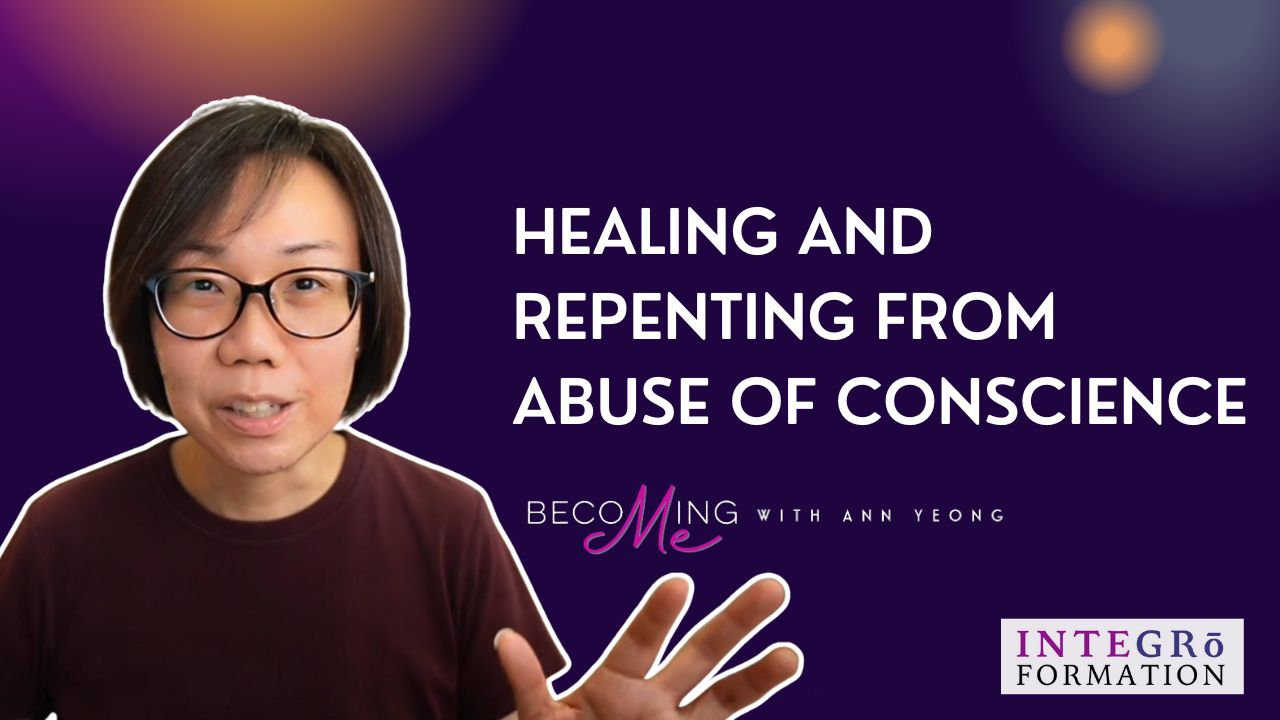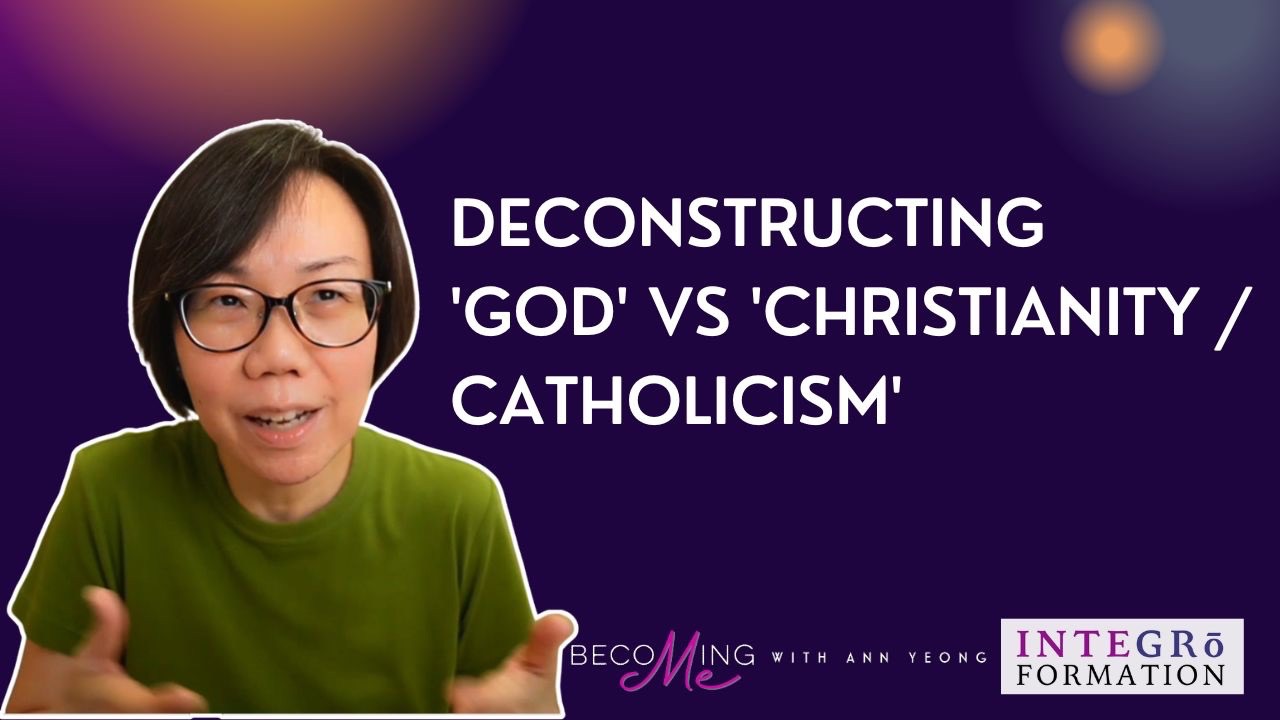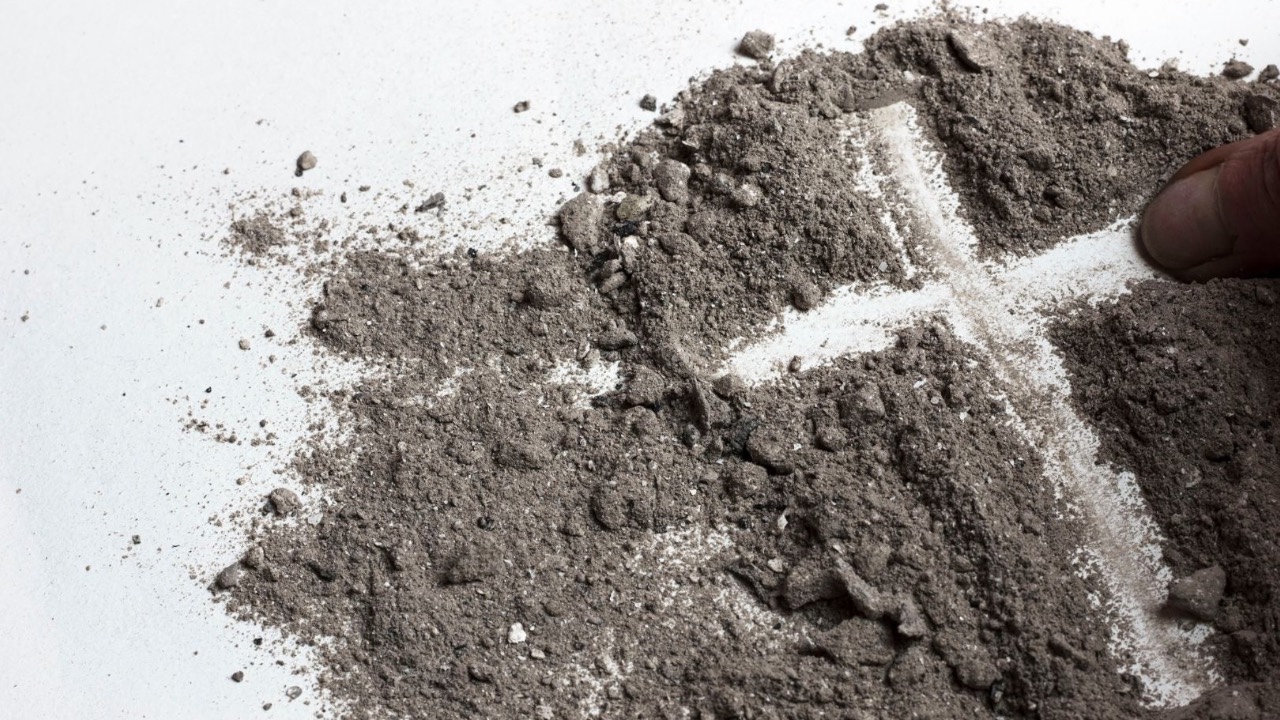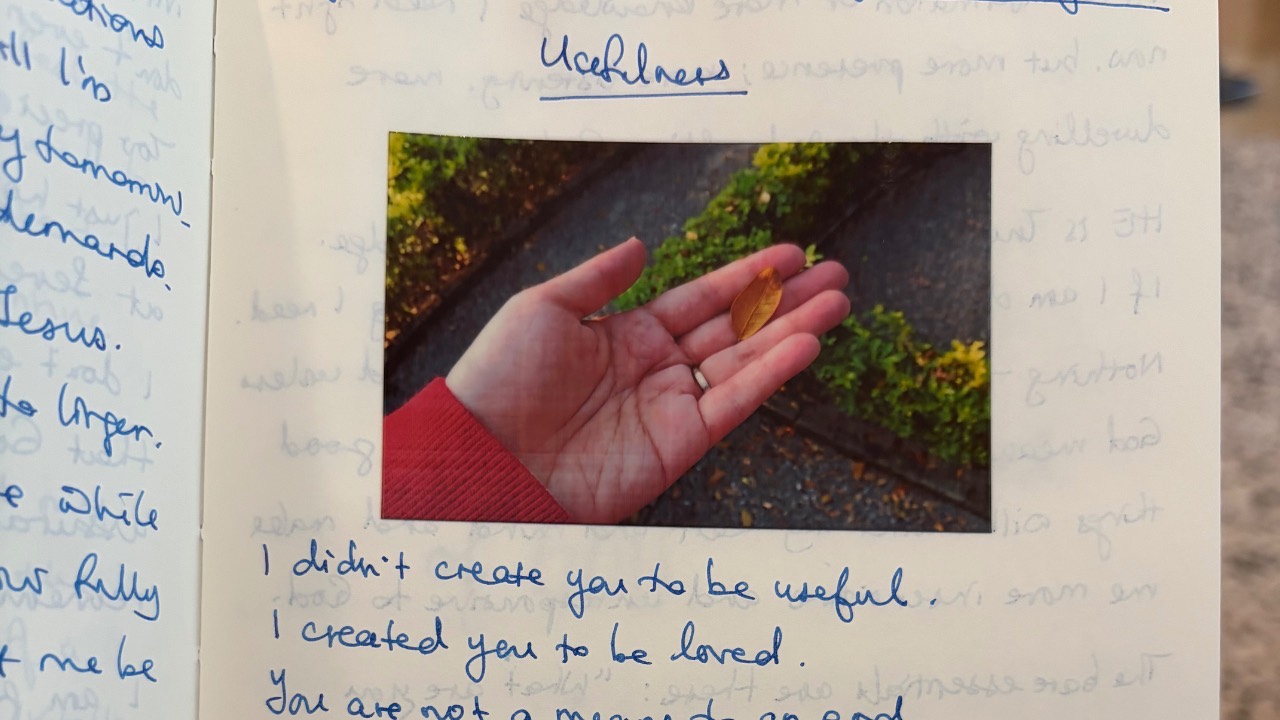Has Abuse of Conscience become part of normal Catholic life?
"If you don't help correct him, he will go to hell. Do you want that on your conscience?"
"A good and faithful Catholic will never do X."
"If you do this and you don't go to confession before you receive Communion, you are risking your eternal soul because you are in mortal sin."
"If you don't stop doing this, you will end up in hell."
"If you do X you are committing a mortal sin."
"God loves you but he is ashamed of how you are living right now."
"If you don't join X you will lose your faith, and that is going against God's will becuase he wants you to have faith."
Have You Heard of Abuse of Conscience?
Did you know that when a person with spiritual authority - a parent, a priest, youth leader, spiritual director / confessor imposes their spiritual authority and influence over us to get us to act a certain way or believe a certain thing, even if it was to stop us from sinning, they could well be committing spiritual abuse? In particular, they could be abusing our conscience?
Abuse of conscience is the manipulation and coercion of an individual's moral judgment, often by someone in a position of authority, to undermine their ability to make free, informed decisions based on their own sense of right and wrong. It is a form of spiritual abuse that violates a person's inner sense of morality and autonomy, and can lead to significant psychological, spiritual, and even physical harm. This can occur in any context where authority figures use religious or other beliefs to control others, including within religious institutions and families:
Abuse of conscience happens when someone in a place of spiritual authority intentionally or unintentionally attempts to speak on behalf of God in an unmediated way and in doing so they invade the consciences of others. People described this abuse as that innermost sanctuary being invaded and not being able to discern the voice of God from the voice of the invader.
- Fernández, S. (2021). Towards a Definition of Abuse of Conscience in the Catholic Setting. Gregorianum, 102(3): 557–74.
Don't those phrases I started this reflection with sound familiar and even "right"? Many Catholics I know grew up hearing versions of such statements from their parents, grandparents, aunts and uncles or from catechists, ministry leaders and from the pulpit during homily. For many of us, such statements were part of how we were taught to be "good and faithful Catholics" who observed the teachings of the Church on faith and morality. And because being "molded" in such a fashion was so much a part of our experience, we assumed that this was good and even the "right and orthodox" way of evangelising and making disciples of others.
the abuser of conscience is not merely instilling fear and guilt but religious fear and religious guilt within the victim. To wit, in abuse of power, the victim thinks: ‘If I disobey, I will be punished by the leader’, while the victim of abuse of conscience thinks: ‘If I disobey, I will be unfaithful to God’” (Fernández, 2021)
How many of us have been made to feel by someone in spiritual authority over us that if we do not follow what they are asking us to do, that we would not just be disobeying them, but that we would be disobeying God too? How many of us have felt torn between what our inner self and conscience is prompting us and the pressure "from above" by someone we trust telling us that they know better than we do about what God wants for us and from us? How many of us have become familiar with the guilt that keeps us "in line" to avoid mortal sin and hell - the guilt and accompanying shame that are so familiar that we struggled to experience what listening to God and following him with true interior freedom felt like? These are some of the ways abuse of conscience can impact us.
Learning About Spiritual Trauma
I learned about spiritual abuse and in particular abuse of conscience pretty late in my own healing and integration journey. Somewhere in 2021, I started learning about healing from spiritual trauma from K.J. Ramsey, whose book "The Lord Is My Courage: Stepping Through the Shadows of Fear Toward the Voice of Love" comforted and healed me as my own trust and hope in the institutional Catholic Church and her leaders began its plunge to the lowest point in my life. A couple of years later, K.J. kindly pointed me towards Dr. Hillary Mcbride's incredible eight-episode podcast "Holy / Hurt" on what spiritual trauma is, how it works, why it is so devastating and how we can heal from it individually and collectively. (Earlier this year in 2025, Dr. Hillary McBride published the same material in a book - "Holy Hurt: Understanding Spiritual Trauma and the Process of Healing".)
Learning about spiritual trauma was still not quite the same as learning about spiritual abuse yet. But as I recognised trauma, I also started recognising what caused the trauma. I already had the foundation of the healing work I have been doing for several years around family of origin trauma, complex developmental and childhood trauma, family dynamics, and emotional trauma. I had developed the vocabulary and the perspective to understand how subtle yet lethal the causes of trauma can be, and how much of abuse can come in non-physical forms, laced in righteous and even godly values.
As I continued to heal and become more integrated, I began to see many overlaps between other types of trauma and spiritual trauma, as well as how interconnected their causes are. From 2020 to 2023 I learned a great deal about the intersection of trauma and the Christian faith from people like Adam Young, Dr. Alison Cook PhD, Curt Thompson MD, and Aundi Kobler just to name a few. The work they were doing helped me to understand my own life experiences and the struggles I had as someone who desired to follow Christ with integrity and authenticity in a way no Catholic writer or teacher I knew of ever had.
Seeking Resources that Understood the Catholic Context
While I searched for similar resources from within the Catholic world, it was hard to find anything on the same level that was truly trauma-informed. Even though there was an increasing number of Catholic content creators who were trying to integrate the Catholic faith with mental health and psychology, I found many of them to be too uncritically positive about all things Catholic, too overtly Catholic in language or too dogmatic on being obedient to the Church and as such were not sufficiently spiritually trauma-informed or safe. (Catholic survivors of spiritual and religious trauma could easily be triggered by the language, mindset, and spiritual recommendations that often include aspects of the faith that had been used to harm them.)
In late 2024 I learned about Paul Fahey's work on Spiritual Abuse in a Catholic context and as a survivor of complex spiritual trauma in a Catholic setting, I have found Paul's podcast, writing and teaching to be healing, empowering, and safe. And that is saying a lot! What Paul's work offers Catholic survivors of spiritual abuse and trauma is a deep understanding of the specifically Catholic context in which these harms perpetuate, and that was the missing piece that I had been searching for. Learning about Abuse of Conscience in particular truly helped me to recognise how rampant this form of spiritual abuse is in Catholic church spaces, communities and families.
This past week I published a podcast episode where I shared some insights and reflections around my own personal experience of abuse of conscience. Perhaps it might help you recognise how abuse of conscience had been and still is present in your life too!
RESOURCES ON ABUSE OF CONSCIENCE
What is Abuse of Conscience? (Podcast by Paul Fahey)
Abuse of Conscience (Presentation by Paul Fahey, Q&A with Fr Boniface Hicks)
Respecting Conscience in Catholicism (Paul Fahey with Amy Grey)

In this episode, I continue the discussion on spiritual abuse by focusing on Abuse of Conscience. I share my personal journey of discovering this subtle yet pervasive form of abuse, how it affected my life, and my path to recognising my own role in it.
I discuss how my own spiritual trauma and distorted image of God fuelled my participation in this form of spiritual abuse and share how experiencing God's unconditional love has been crucial in my healing process both as a survivor and perpetrator of abuse of conscience.
Journeying with you as always,







Responses